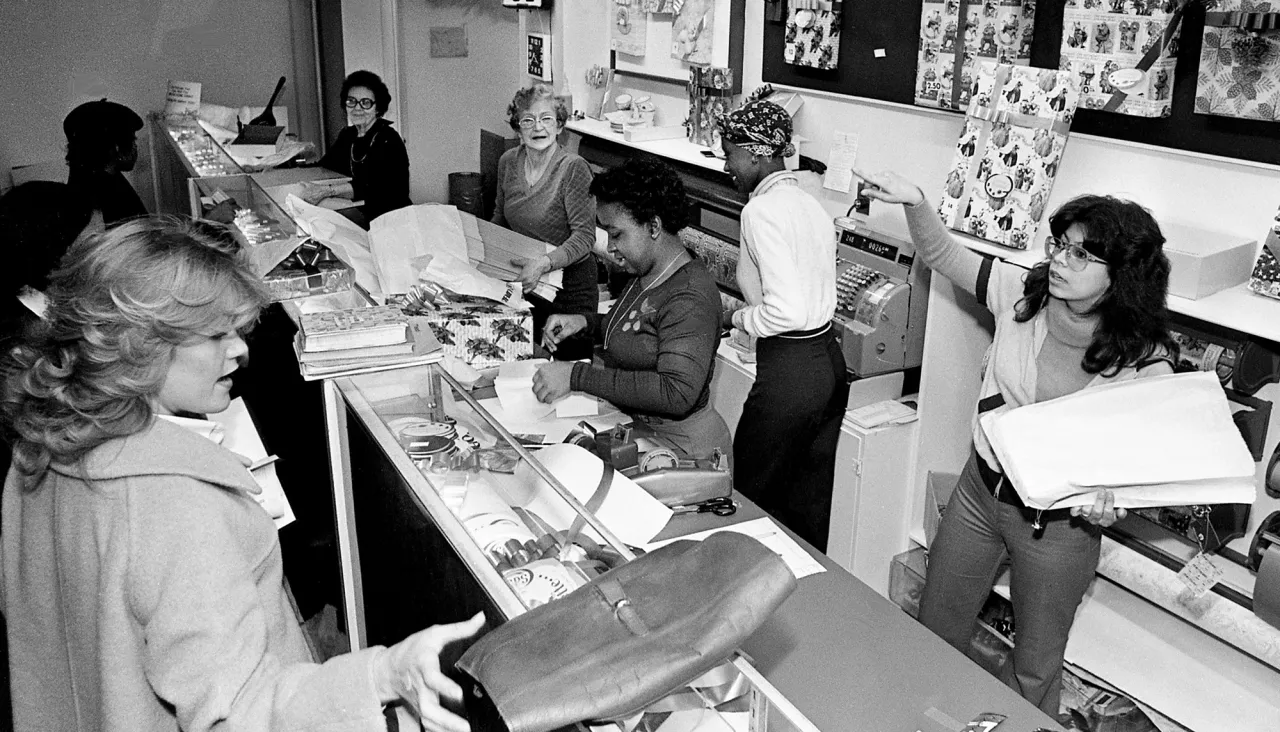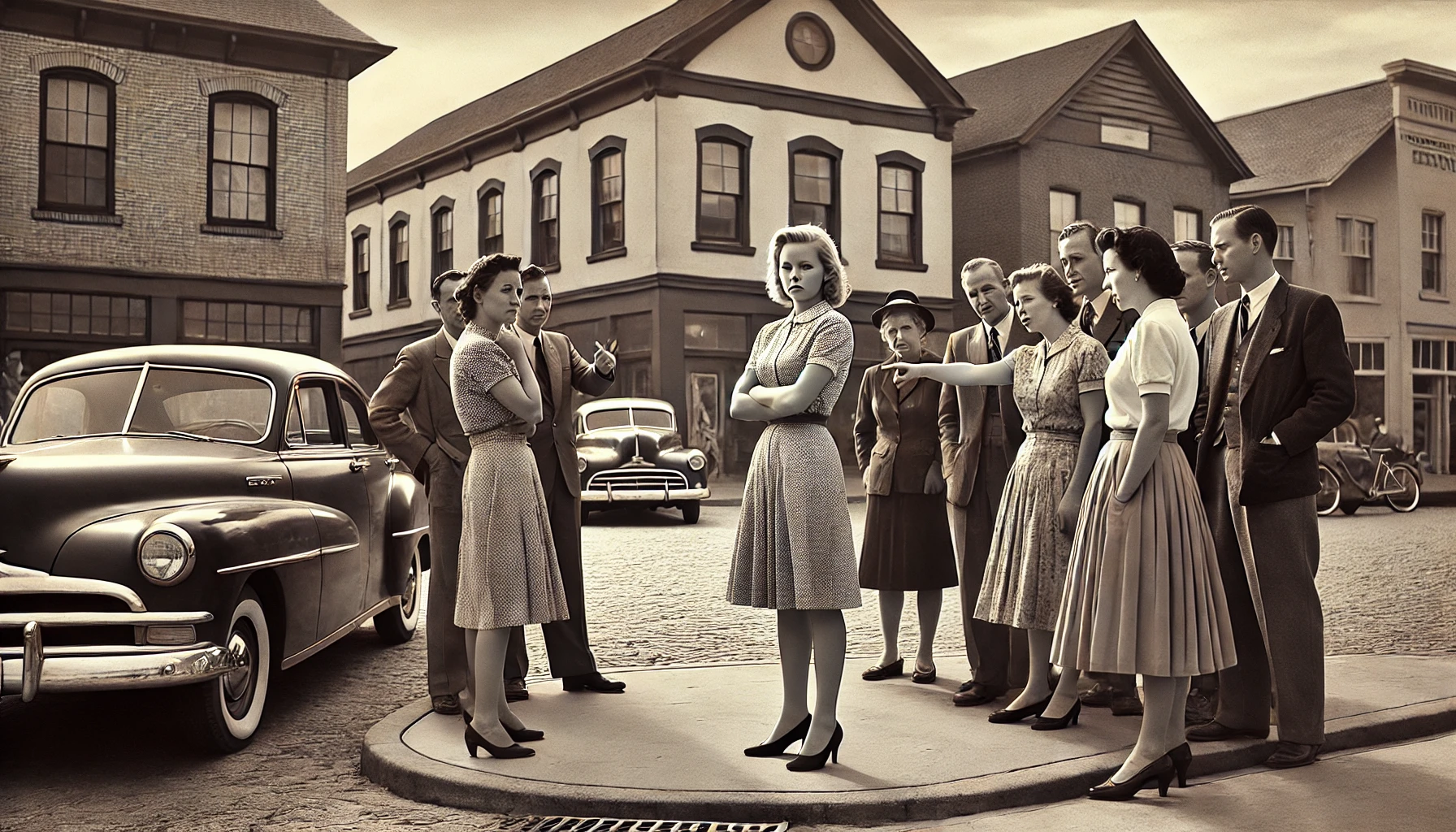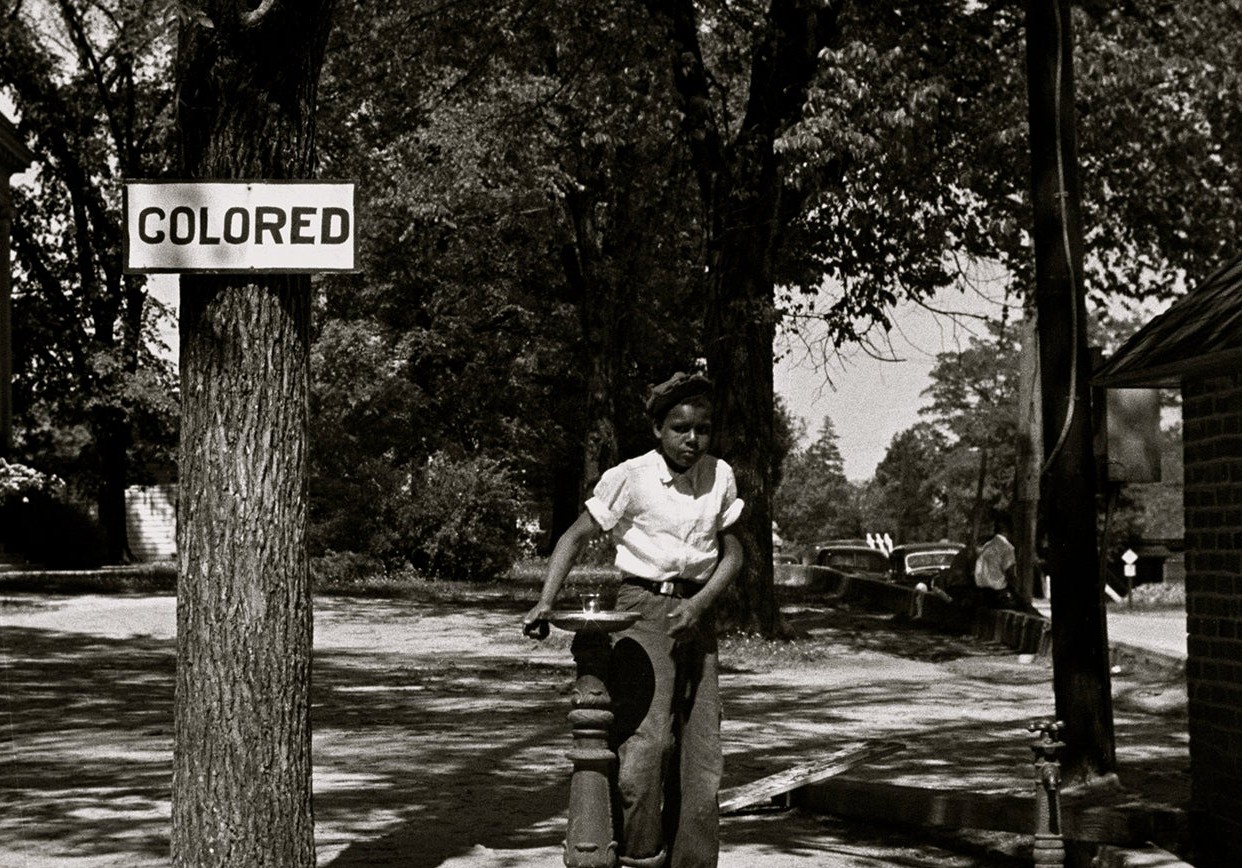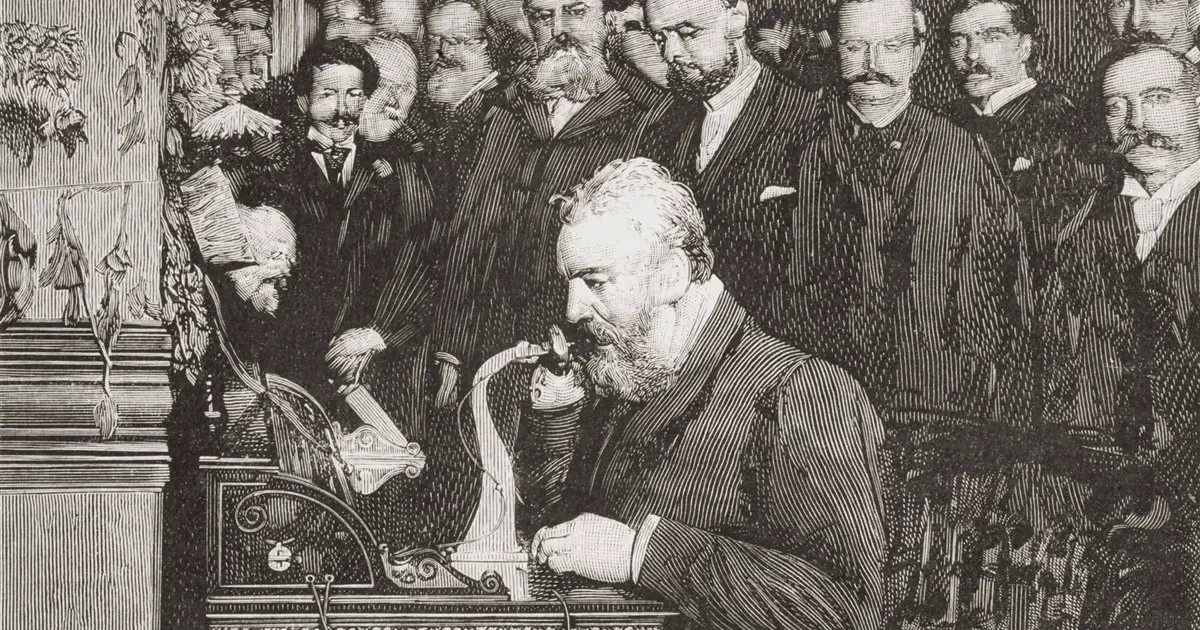12 Unique Date Night Ideas for Couples Who Want to Try Something New

Date nights are an essential way to keep your relationship strong and enjoyable. While dinner and a movie are classic options, sometimes it’s nice to mix things up and try something new. Whether you’re looking to connect on a deeper level, enjoy some lighthearted fun, or experience something completely different, these 12 unique date night ideas offer a variety of options for couples who want to break away from the usual routine. These ideas are realistic, accessible, and sure to help you create lasting memories together.
1. Take a Dance Class Together

If you and your partner want to try something that’s both fun and interactive, a dance class could be the perfect option. You don’t need to be a professional dancer to enjoy this experience—many dance studios offer beginner classes for styles like salsa, ballroom, or swing. The focus is on having fun and learning something new together. Not only will you get to enjoy some physical closeness, but dancing can also be a great way to improve your communication and coordination as a couple. Plus, you can practice your moves at home, making for a playful and intimate experience later.
2. Go Stargazing at a Local Observatory
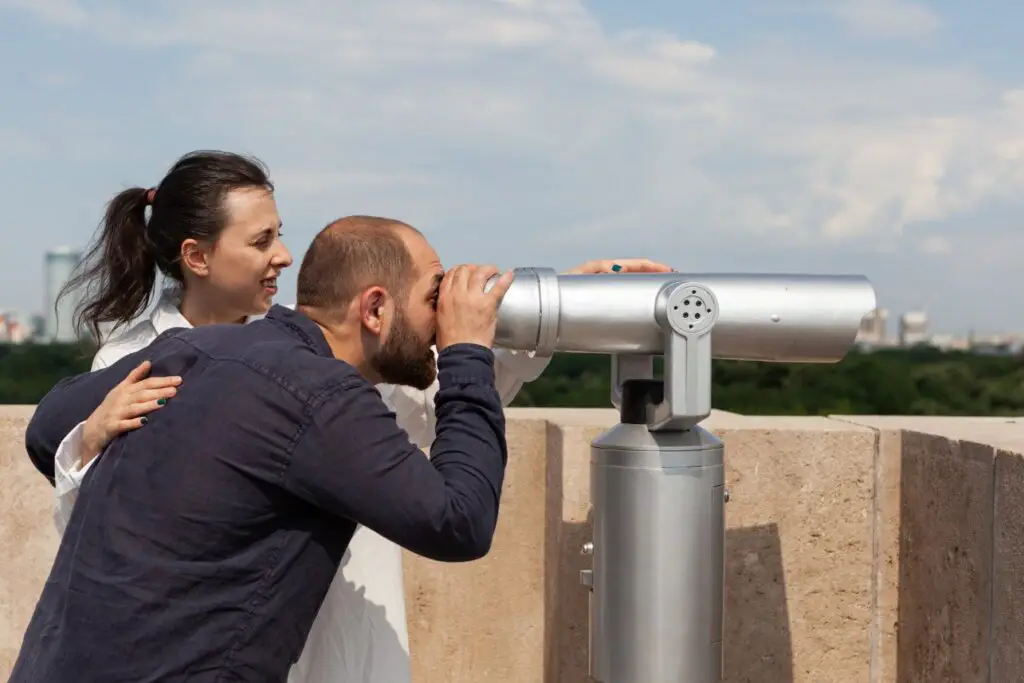
For a quiet, romantic evening, consider heading to a local observatory or a nearby spot with minimal light pollution to stargaze. Bring a blanket, a few snacks, and spend time marveling at the night sky. If you’re interested, you can download a stargazing app to help you identify constellations and planets. This activity is perfect for slowing down and connecting on a deeper level. The peaceful setting allows for meaningful conversations, and the shared experience of gazing at the stars can bring a sense of wonder and appreciation for each other and the world around you.
3. Take a Cooking Class

Cooking together can be an enjoyable and rewarding experience, especially if you’re learning something new. Many cities offer cooking classes that teach everything from making sushi to baking artisan bread. It’s a great way to bond while also gaining new skills in the kitchen. Plus, you’ll get to enjoy a delicious meal that you both worked hard to create. Whether you’re a seasoned cook or a beginner, the key is to have fun and work together as a team. Cooking classes are a great way to explore new cuisines and add a little variety to your regular dinner routine.
4. Plan a Surprise Picnic in a Scenic Location

A simple, but thoughtful date idea is to plan a surprise picnic in a beautiful location. Whether it’s a park, beach, or botanical garden, a picnic allows you to relax and enjoy each other’s company in a peaceful setting. Pack a basket with your favorite foods, drinks, and a cozy blanket. The relaxed atmosphere encourages conversation, and being outside adds a refreshing element to the experience. You don’t need anything fancy—just some quality time together. You could even bring a small portable speaker for music or a game to play, making the experience more interactive and fun.
5. Go on a Thrilling Outdoor Adventure
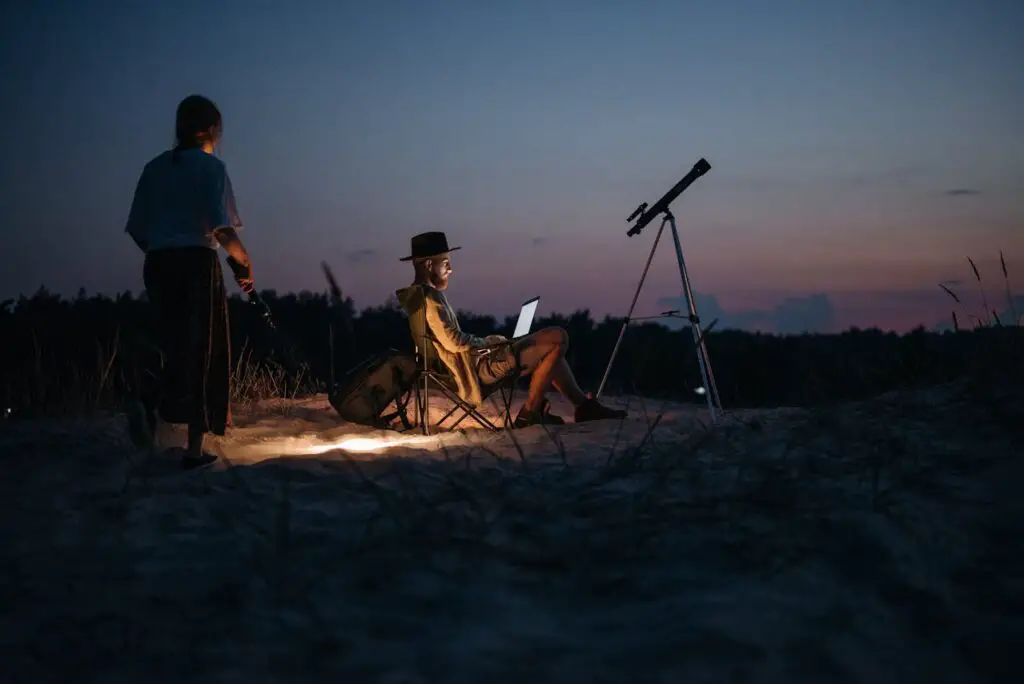
For couples who enjoy an adrenaline rush, an outdoor adventure is a great way to bond. Activities like zip-lining, hiking, kayaking, or even rock climbing can provide both excitement and a sense of accomplishment. Trying something new and challenging together helps strengthen your connection and builds teamwork. It’s also a great way to get out of your comfort zone and share an experience that’s different from your usual date nights. Whether you’re exploring a new trail or conquering a climbing wall, the adventure will bring you closer as you support each other along the way.
6. Take a Pottery or Art Class
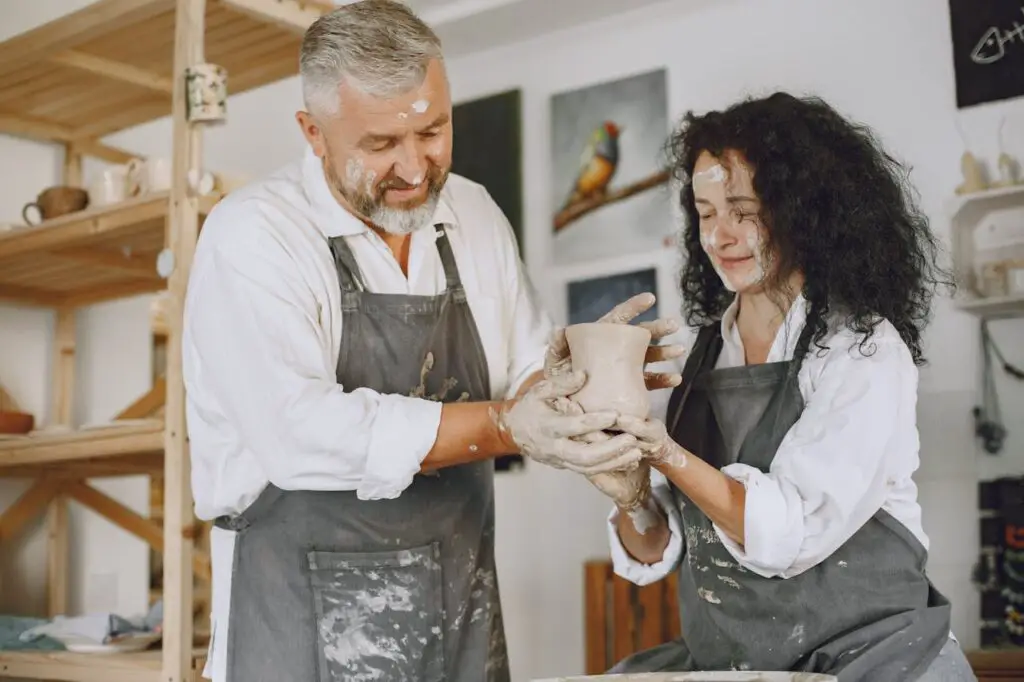
If you’re looking for a creative and relaxing date, taking an art or pottery class together could be a perfect choice. Many local studios offer beginner-friendly sessions where you can try your hand at pottery, painting, or even drawing. The process of creating something together—whether it’s a handmade bowl or a shared painting—can be both fun and rewarding. Plus, you’ll have a keepsake from the experience that you can cherish for years to come. The relaxed pace of an art class also gives you plenty of time to talk and enjoy each other’s company while letting your creativity flow.
7. Go Wine Tasting at a Vineyard

If you and your partner enjoy wine, a visit to a local vineyard can make for a relaxing and enjoyable date. Many vineyards offer wine-tasting experiences where you can sample different varieties and learn about the winemaking process. It’s a laid-back activity that allows for conversation and connection in a beautiful setting. You could even pair the wine tasting with a light meal or cheese platter to make it a more complete experience. The atmosphere of a vineyard is often peaceful and scenic, making it a perfect backdrop for a memorable evening together.
8. Visit a Mystery Dinner Theater

For couples who enjoy a little drama and intrigue, attending a mystery dinner theater is a fun way to spend an evening. While you enjoy a meal, you’ll also be part of a live, interactive performance where you work together to solve a mystery. It’s a unique way to enjoy dinner while being entertained. Many mystery dinner theaters offer a mix of humor, suspense, and audience participation, so it’s a great way to engage with each other in a lighthearted and playful way. Plus, it’s an activity that’s a little different from the usual dinner date, making it feel special and exciting.
9. Go on a Scavenger Hunt

A scavenger hunt is a fun and interactive way to explore your city or town. You can either sign up for a guided scavenger hunt or create your own with clues that lead to different landmarks or hidden gems around town. If you’re feeling creative, you can personalize the clues based on your relationship, like including places that hold special memories for the two of you. The scavenger hunt adds an element of adventure and teamwork to your date, making it a memorable and enjoyable experience. Whether you’re solving puzzles or racing to find the next clue, it’s a great way to enjoy each other’s company while discovering new places.
10. Have a Themed Movie Night at Home
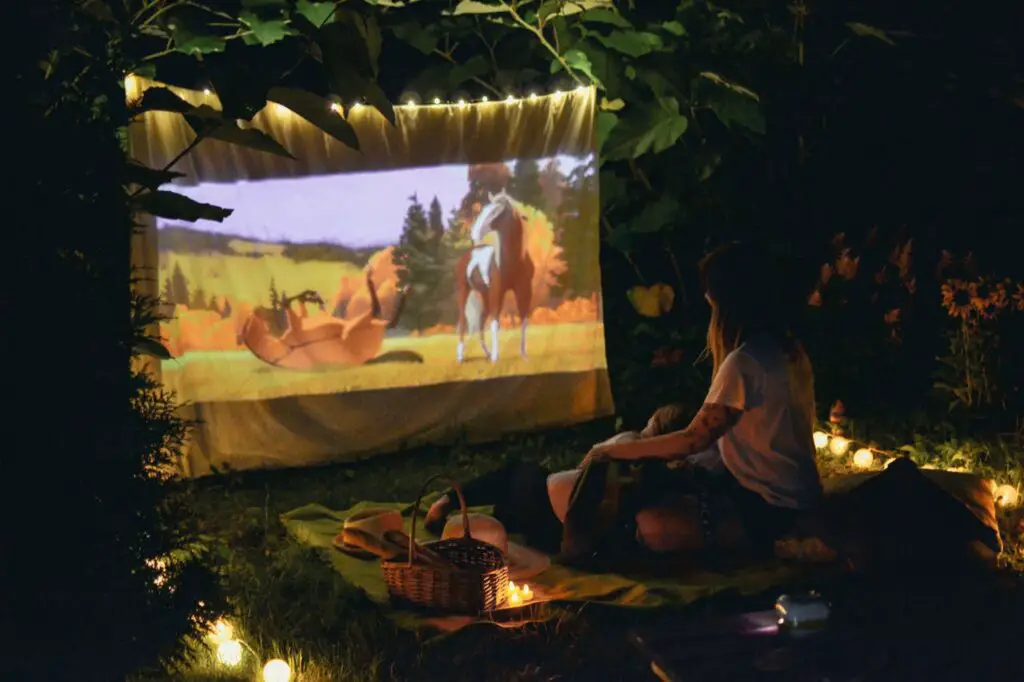
If you’re in the mood for a cozy night in, a themed movie night is a simple yet fun way to make your usual movie date feel special. Choose a theme—like 80s movies, romantic comedies, or action thrillers—and plan your snacks and drinks around it. You can even dress up as characters or create a DIY photo booth for a little extra fun. A themed movie night is a creative way to enjoy each other’s company without leaving home. It’s a relaxed and enjoyable date that allows you to unwind while still having a little fun with your partner.
11. Take a Day Trip to a Nearby Town

Sometimes, the best way to enjoy a date is to get out of town for a day. Plan a day trip to a nearby town or city that you’ve never explored before. You can visit local attractions, try new restaurants, or simply stroll through the streets and enjoy the sights. A change of scenery can make for a refreshing experience and give you the chance to discover new places together. Whether you’re visiting a historic town, a beach town, or a scenic mountain area, a day trip is a great way to enjoy a new adventure without the need for extensive planning or travel.
12. Volunteer Together for a Cause You Care About

For couples who want to make a positive impact, volunteering together can be a meaningful and rewarding date. Whether you’re helping at a food bank, assisting at an animal shelter, or participating in a community cleanup, working together for a cause you care about can strengthen your bond. It’s a great way to give back to your community while spending quality time together. Volunteering also provides a sense of purpose and fulfillment, making it a date that’s both enjoyable and impactful. Plus, it can spark meaningful conversations about your values and the difference you want to make in the world.
Final Thoughts

These 12 unique date night ideas are perfect for couples who want to try something new and break away from the usual routine. From creative activities to outdoor adventures, there’s something for every couple to enjoy. The key is to find experiences that allow you to connect, communicate, and have fun together. By stepping out of your comfort zone and trying new things, you’ll create lasting memories and keep the excitement alive in your relationship. So, the next time you plan a date, consider one of these ideas—you’ll both be glad you did.




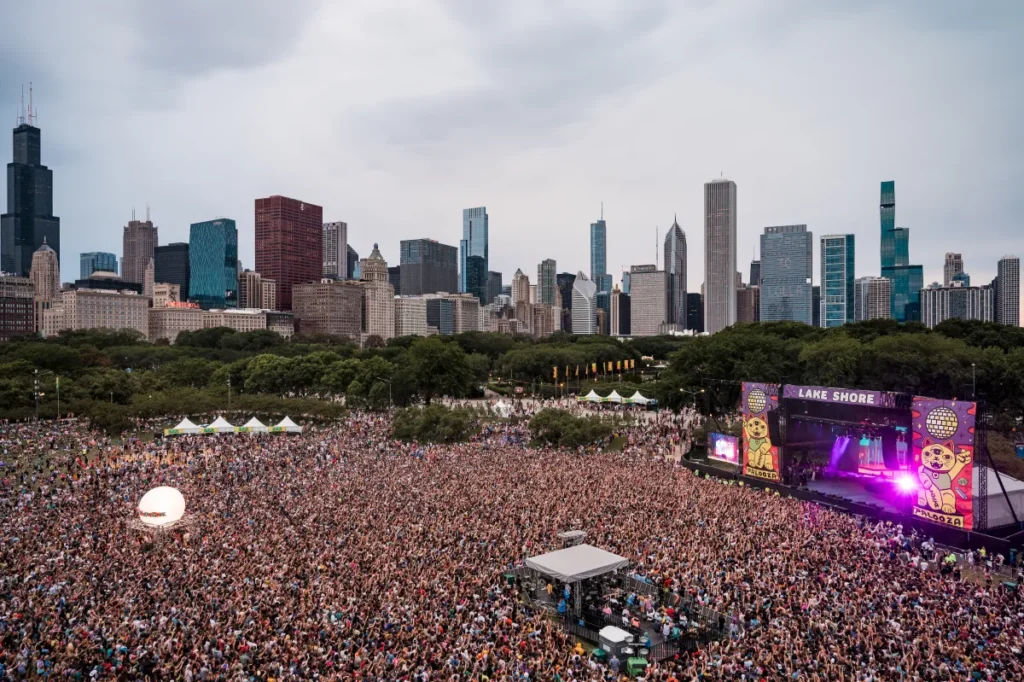
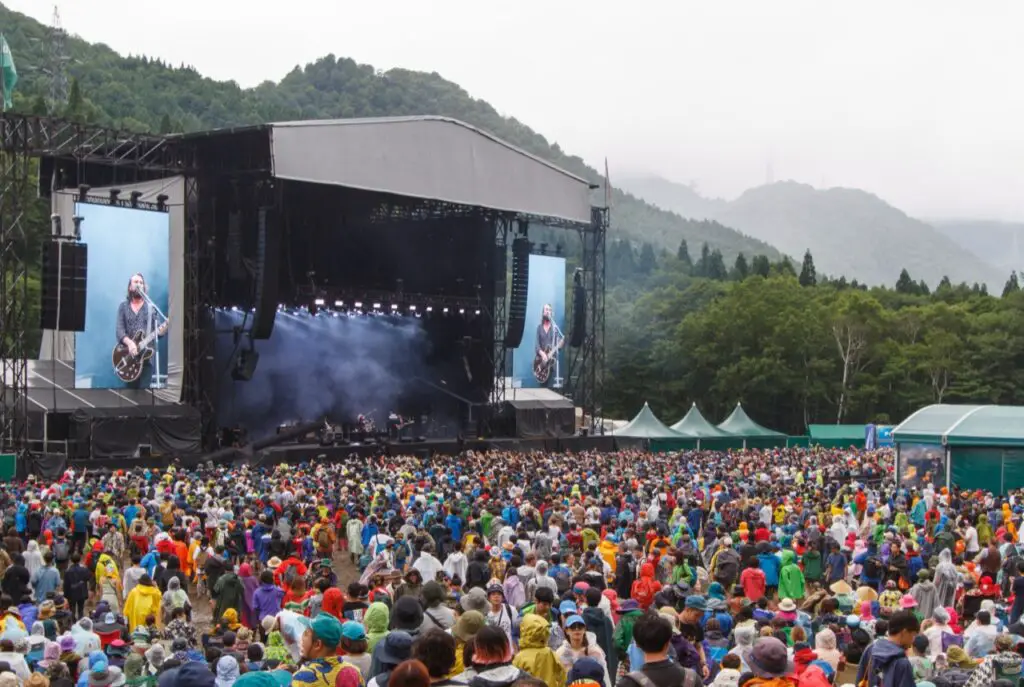




























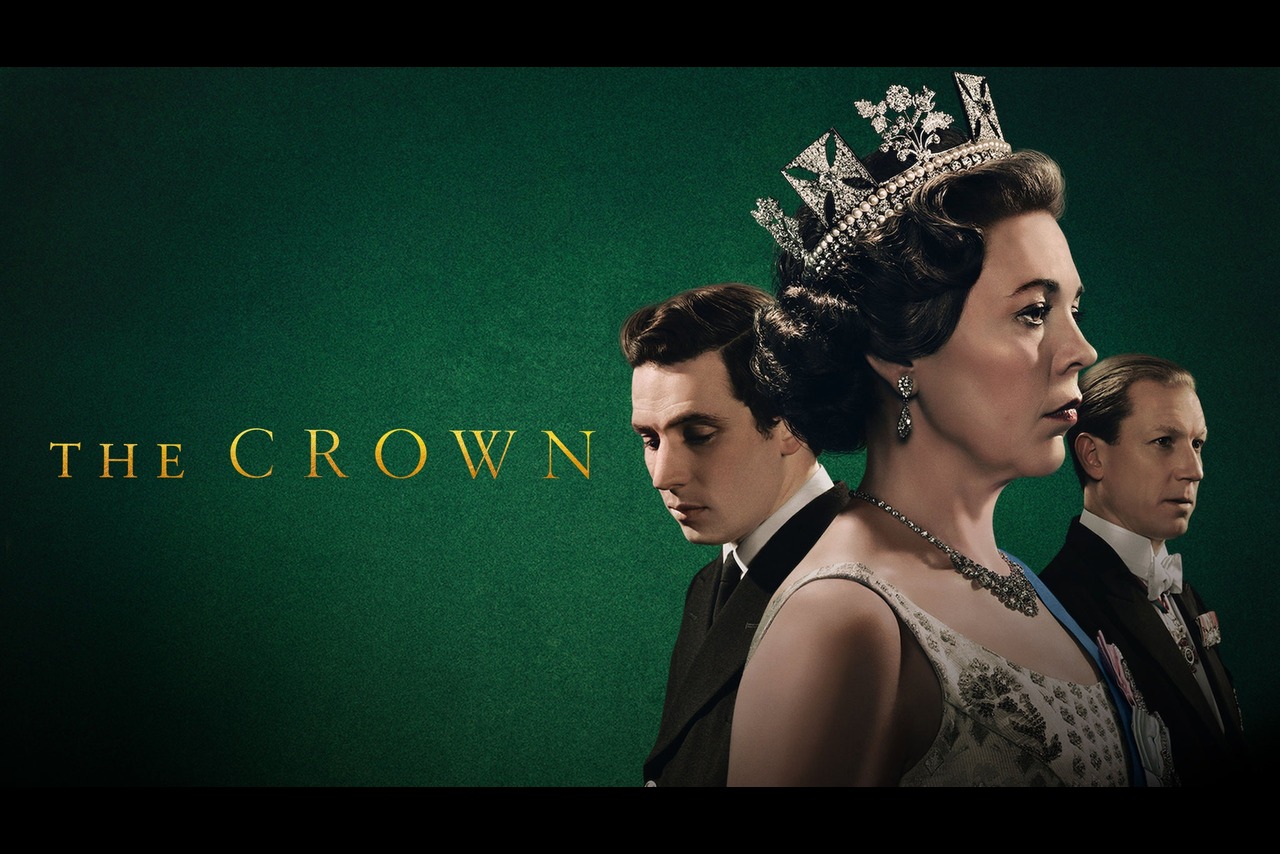











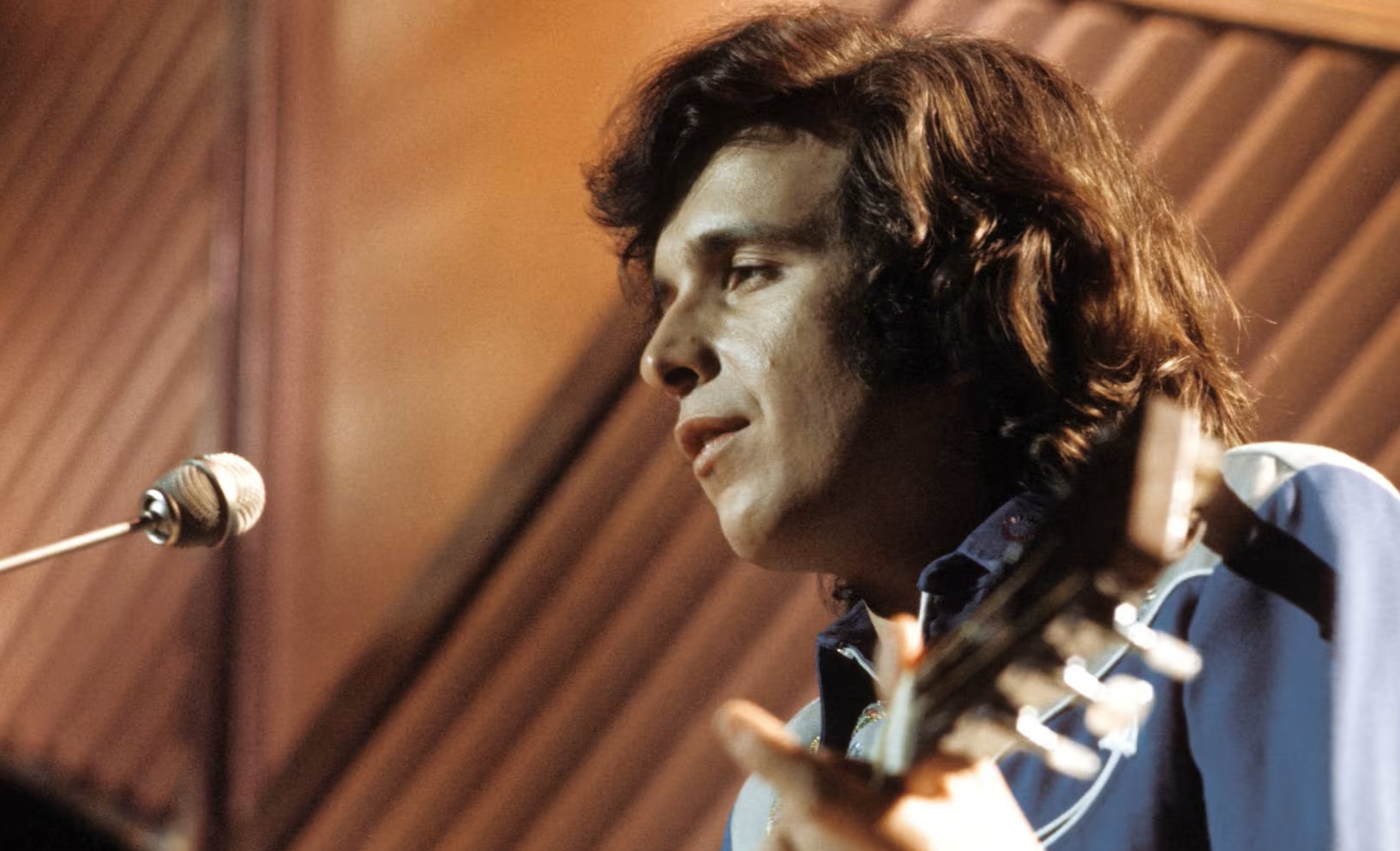
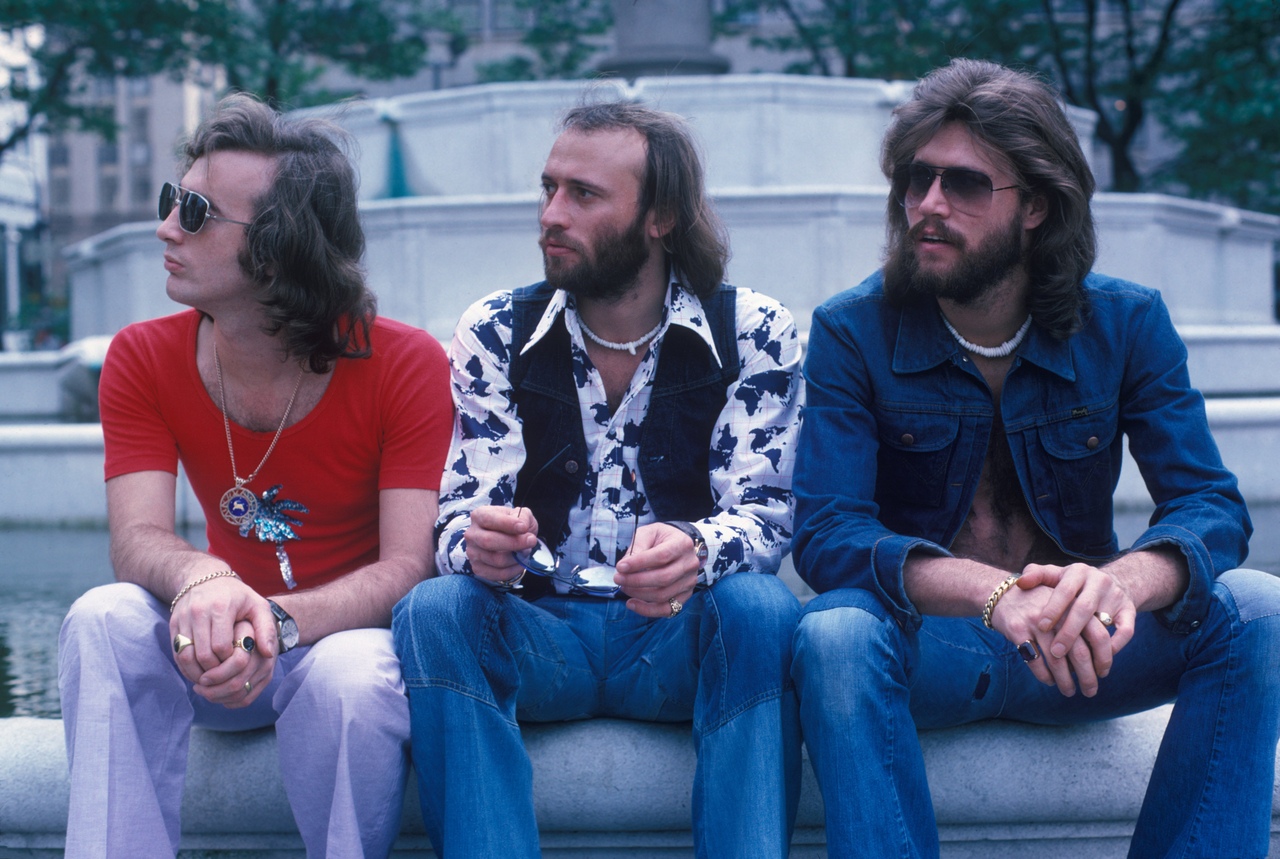

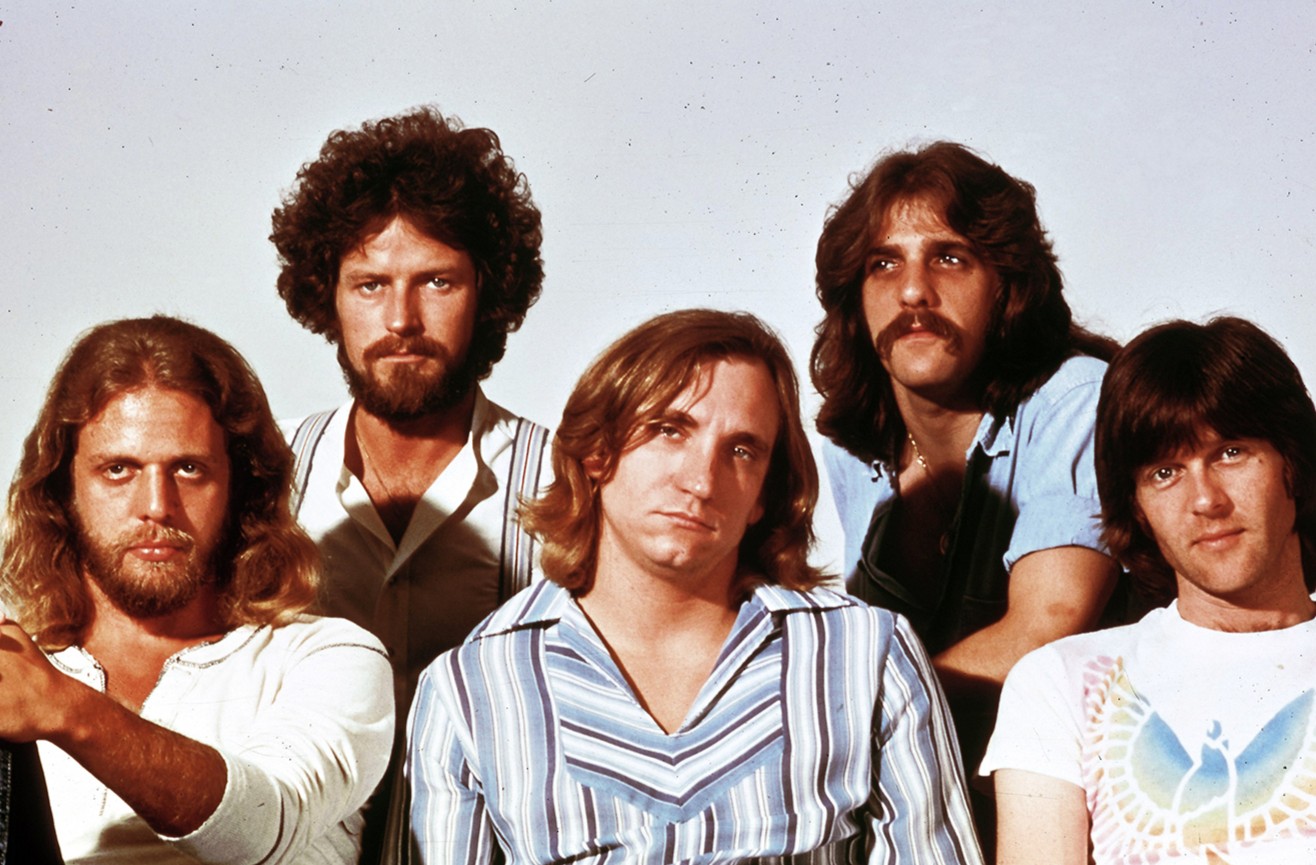
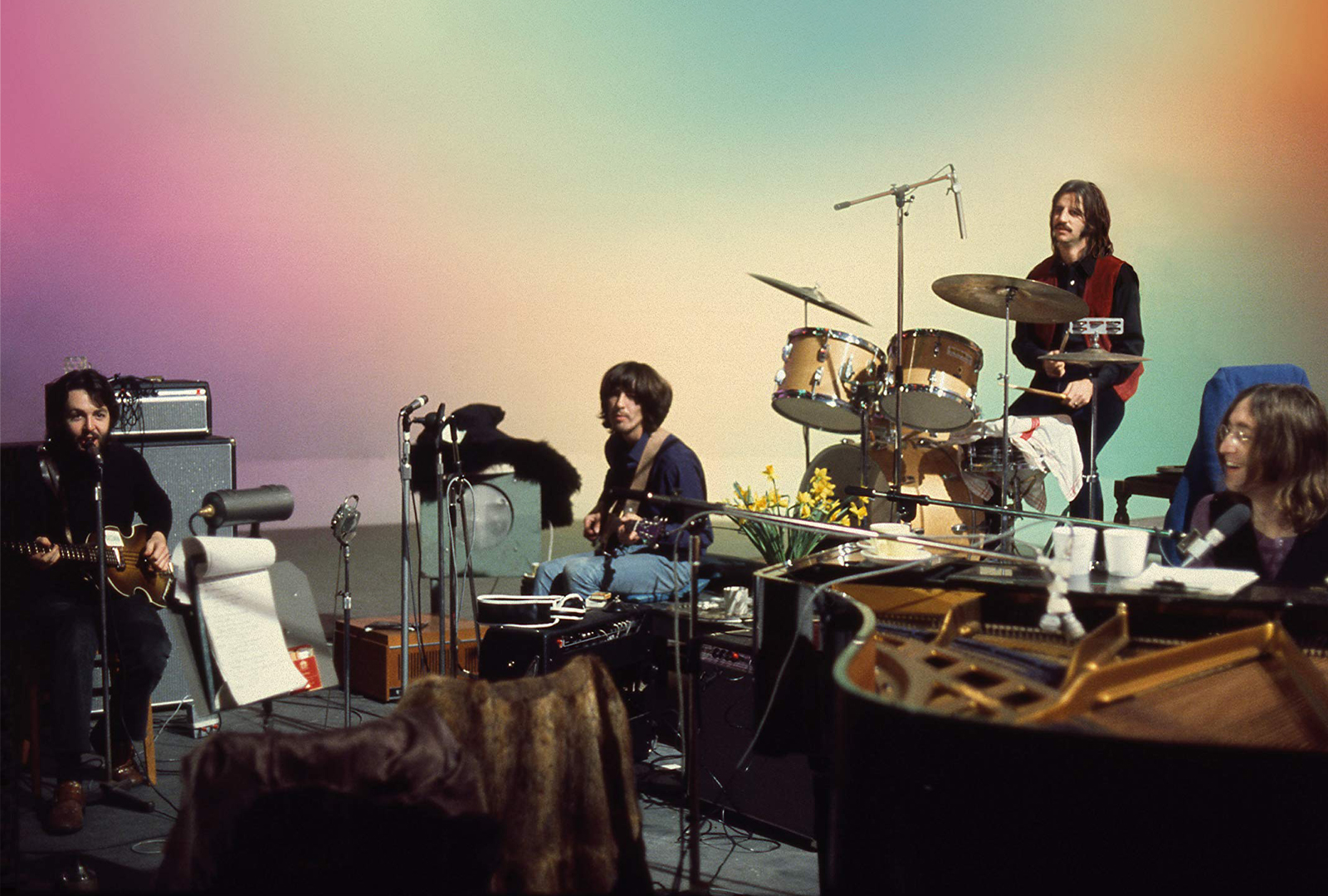

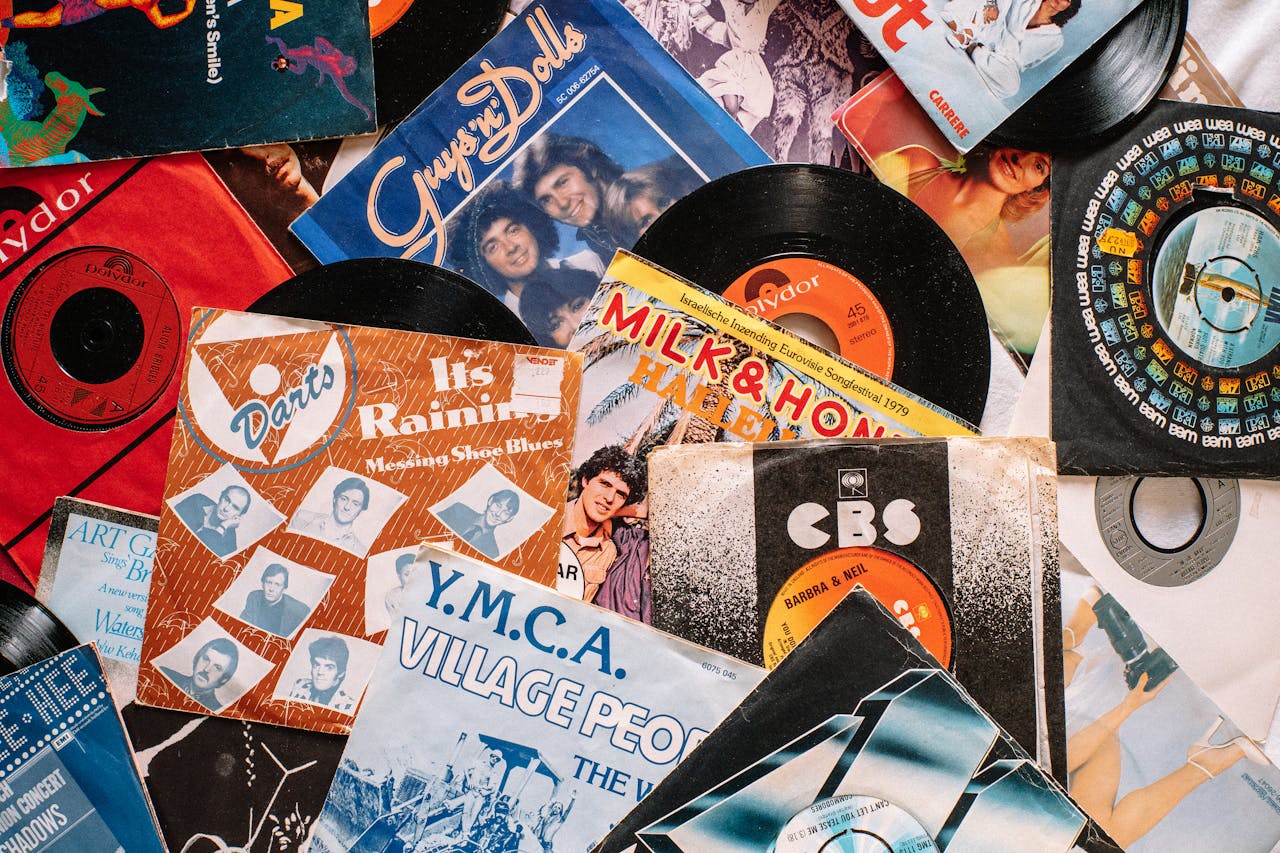





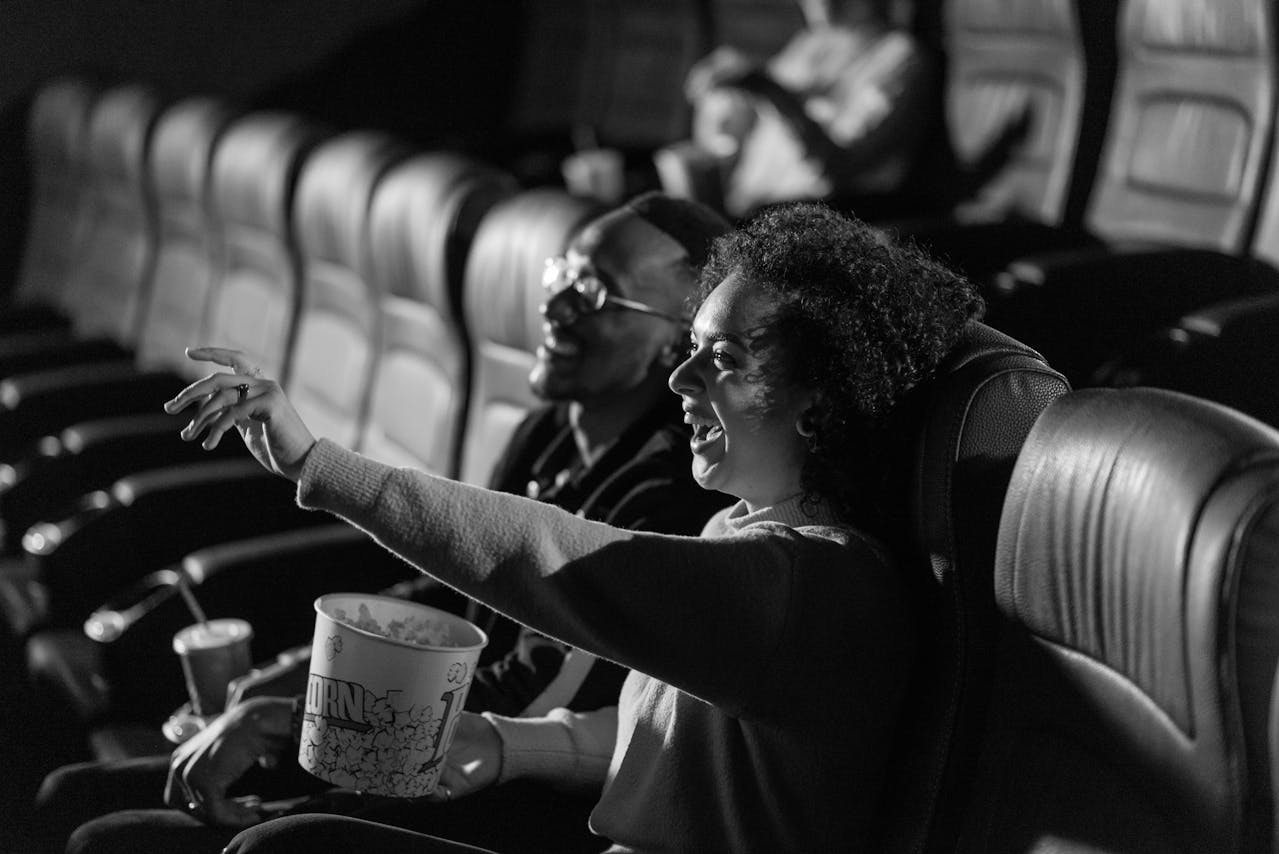








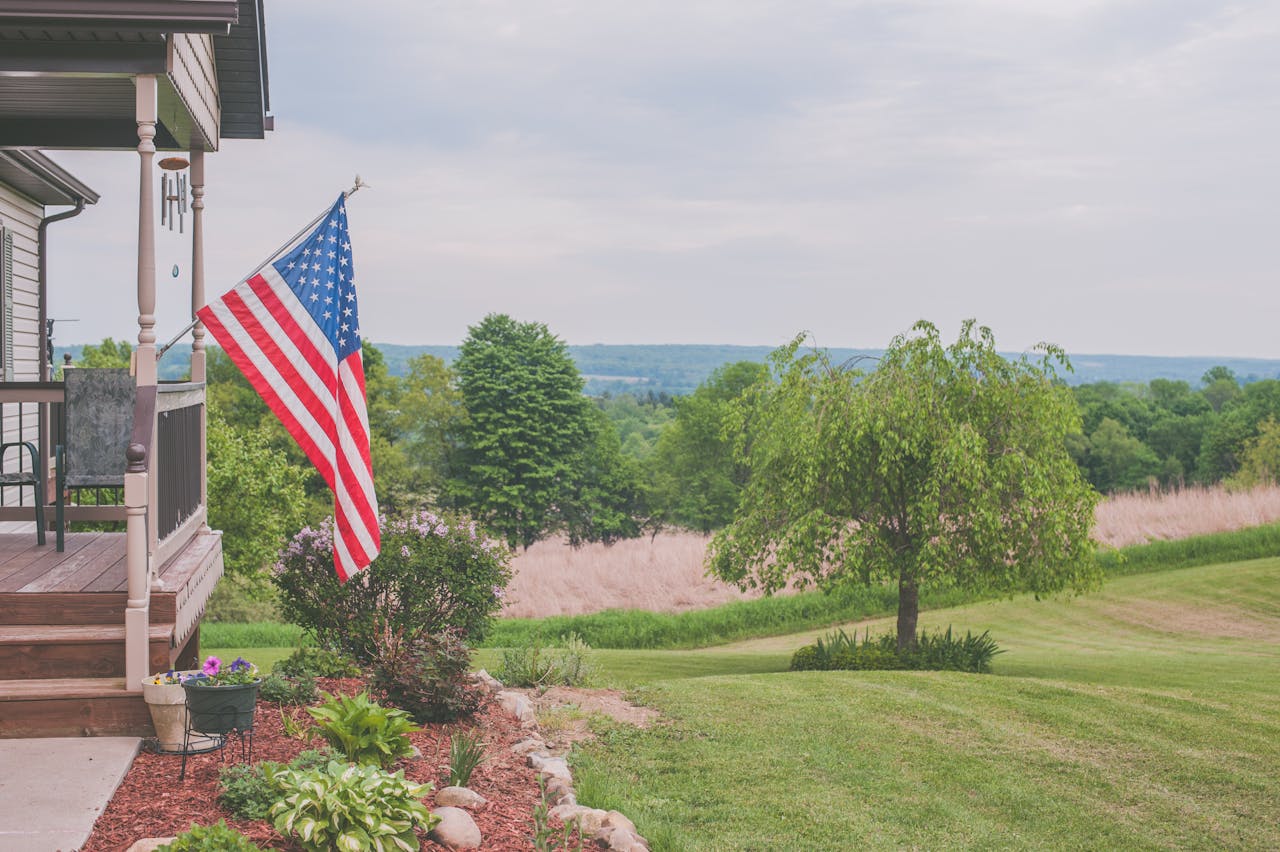
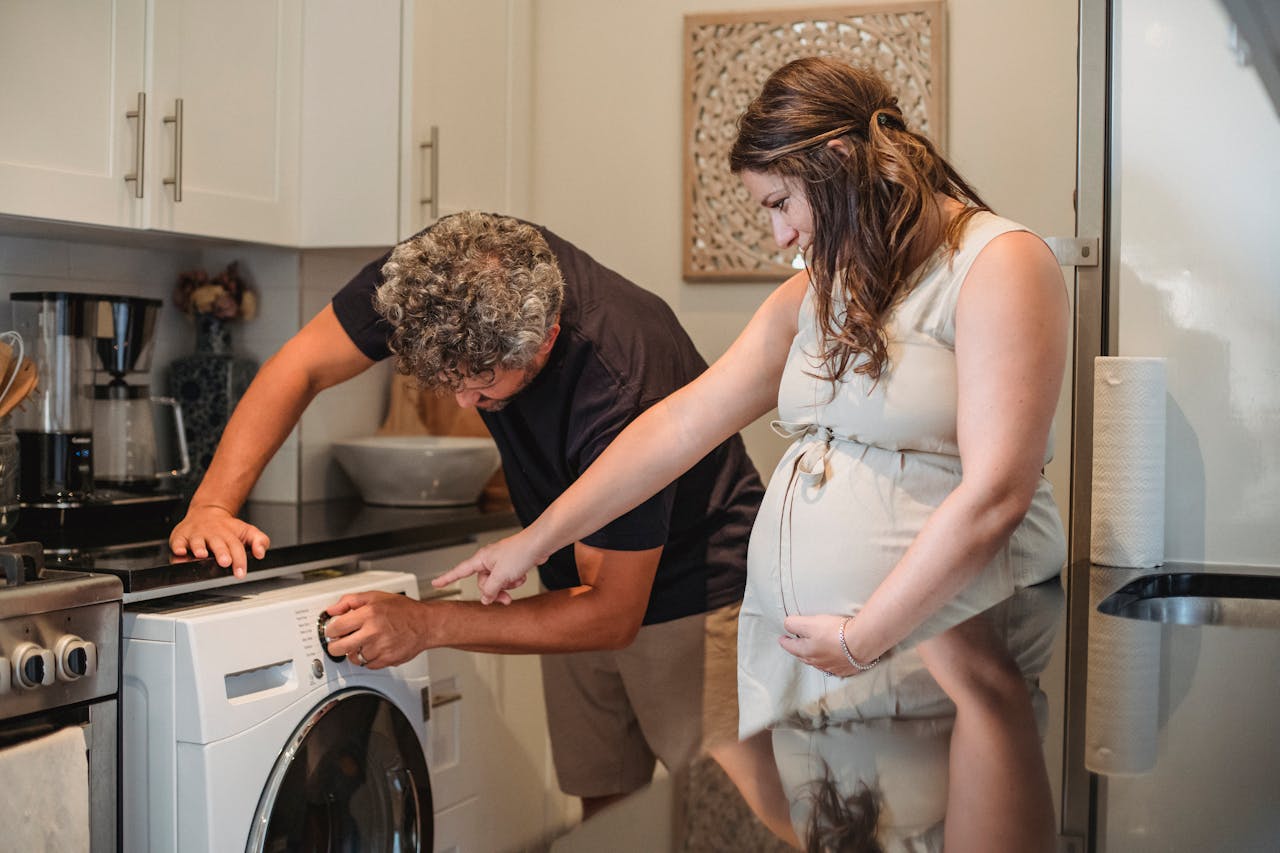
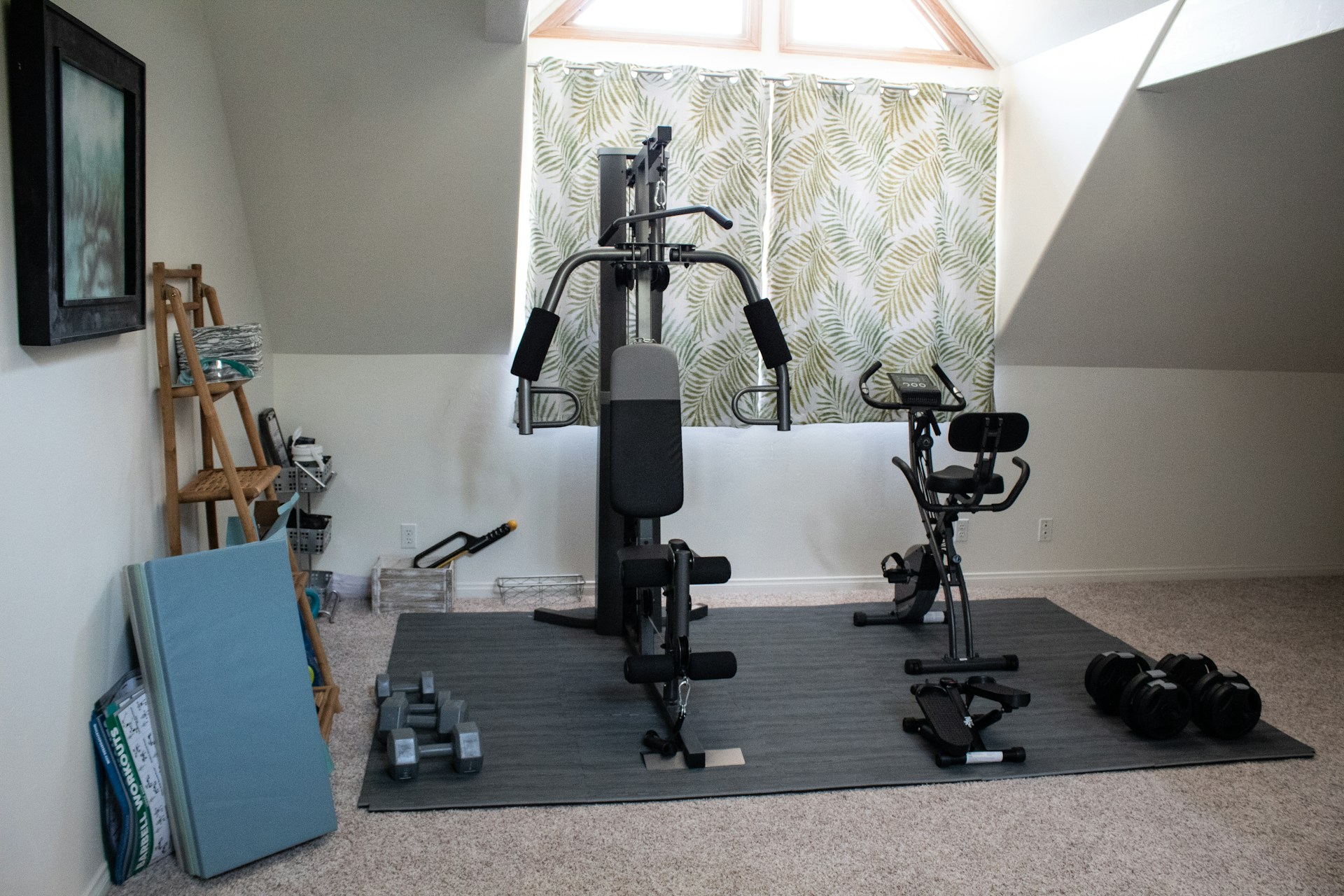




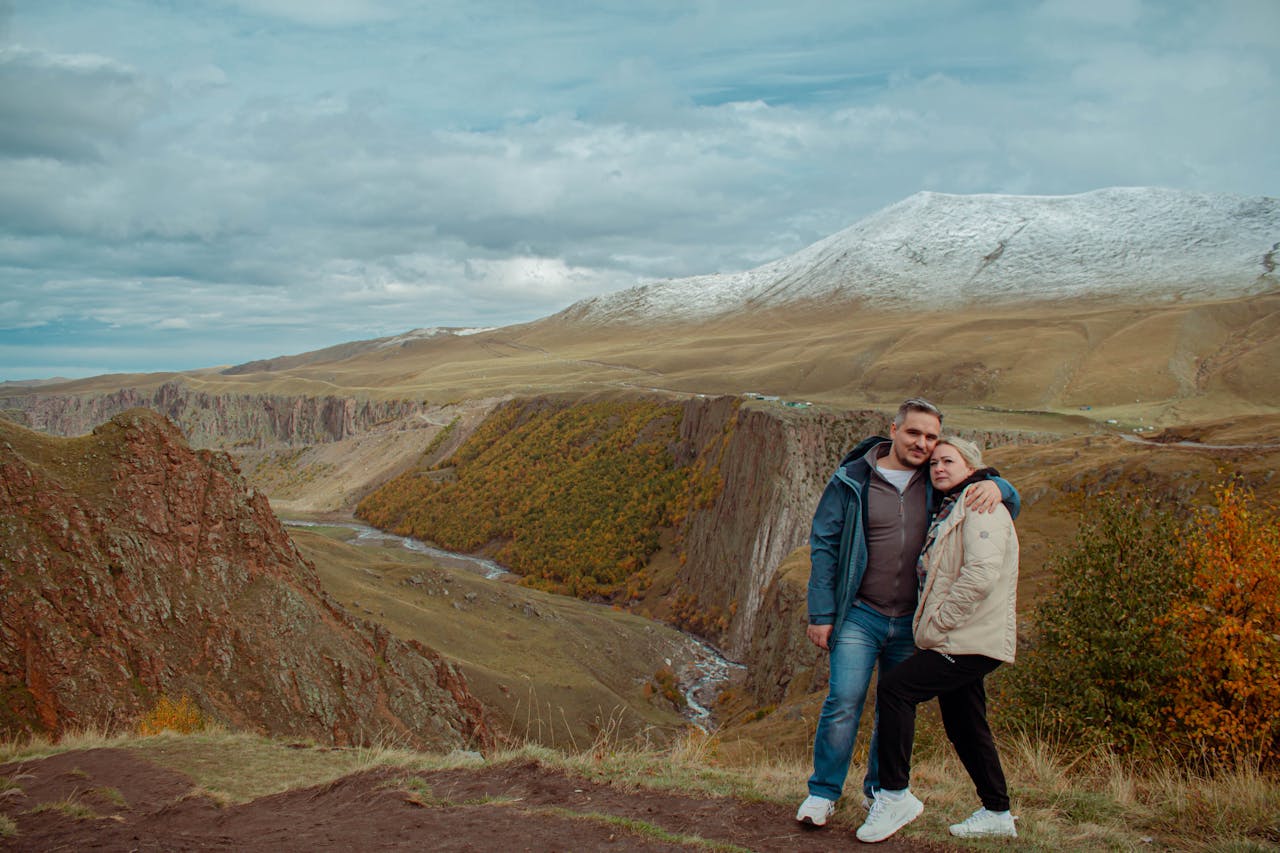
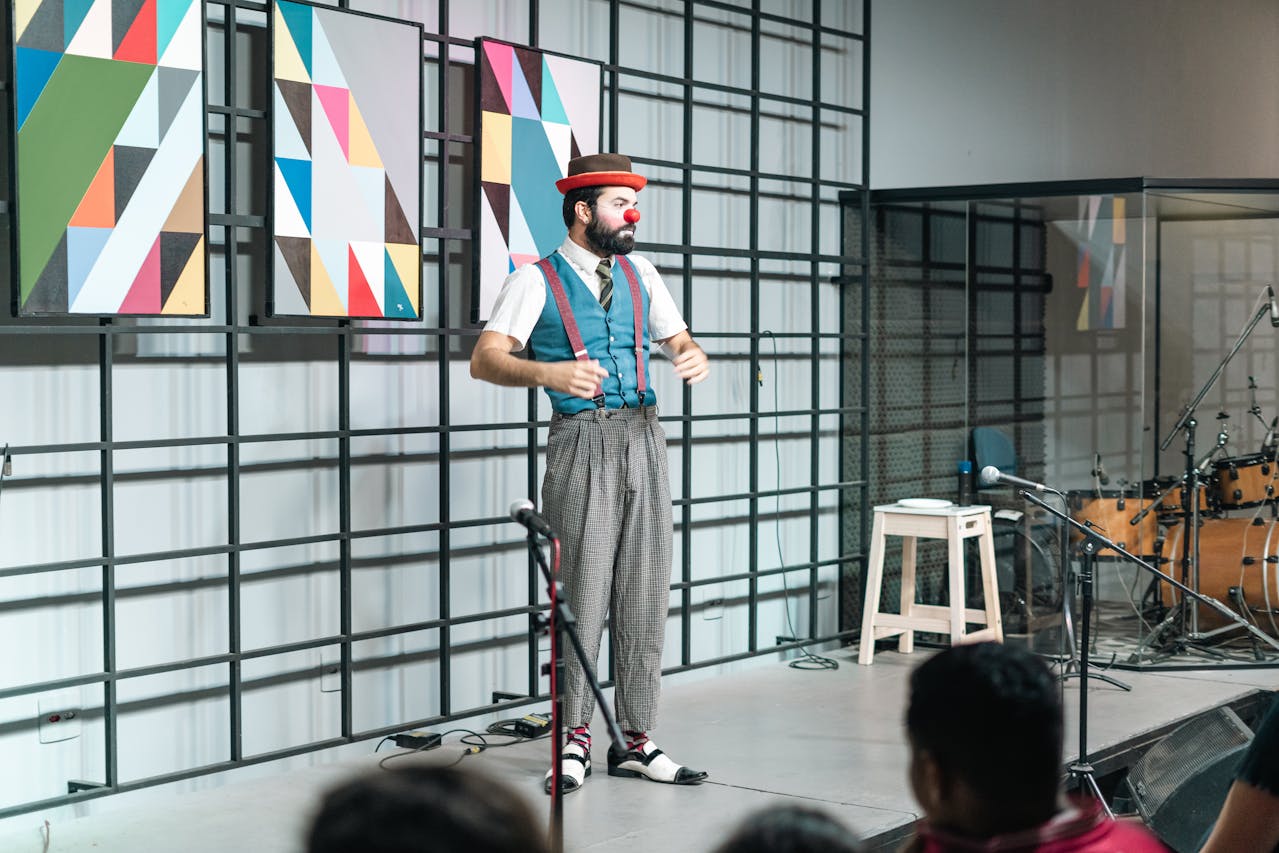





 For a creative date, why not visit a pottery painting studio? These DIY studios allow you to select a piece of pottery and paint it to your liking. This laid-back, hands-on experience is a fun way to bond over creativity while creating something together. Whether you’re making mugs, vases, or other pieces, the experience of painting pottery provides an opportunity to express yourselves while getting to know each other better. Plus, you’ll have a keepsake from the date to remind you of the fun you shared.
For a creative date, why not visit a pottery painting studio? These DIY studios allow you to select a piece of pottery and paint it to your liking. This laid-back, hands-on experience is a fun way to bond over creativity while creating something together. Whether you’re making mugs, vases, or other pieces, the experience of painting pottery provides an opportunity to express yourselves while getting to know each other better. Plus, you’ll have a keepsake from the date to remind you of the fun you shared.






